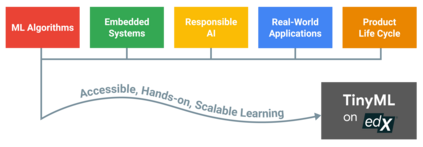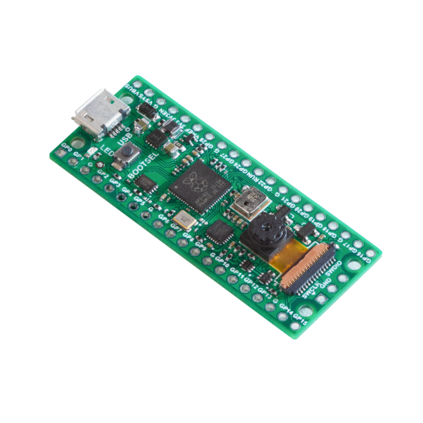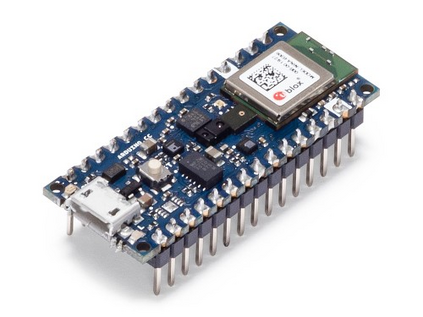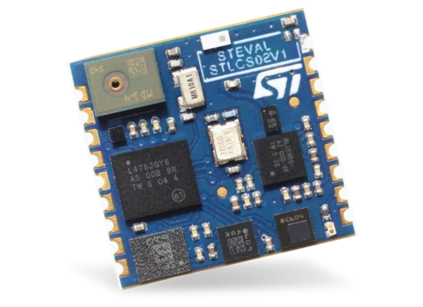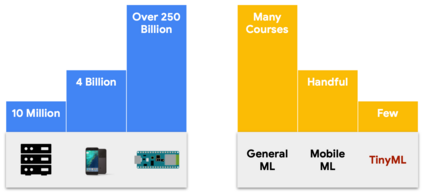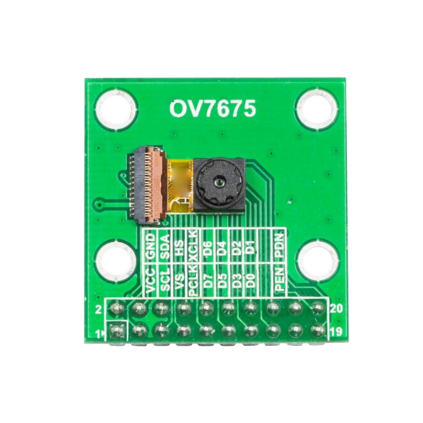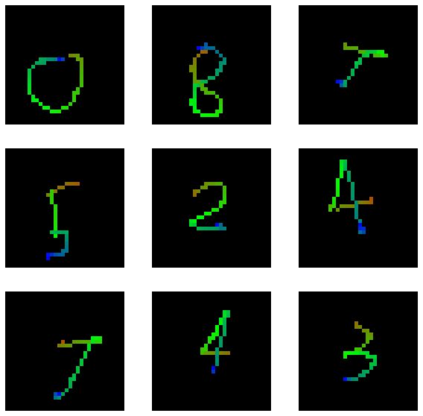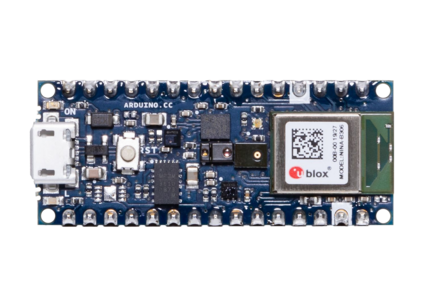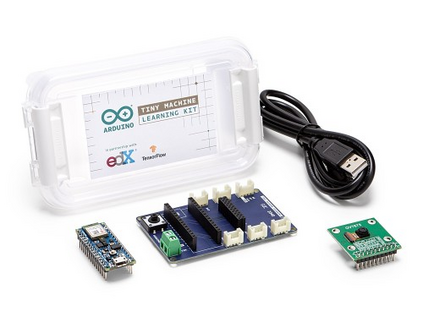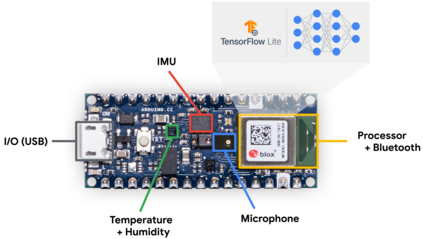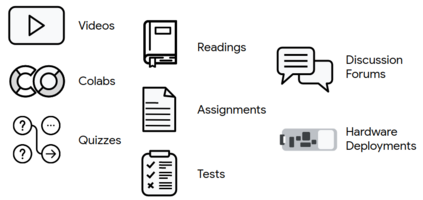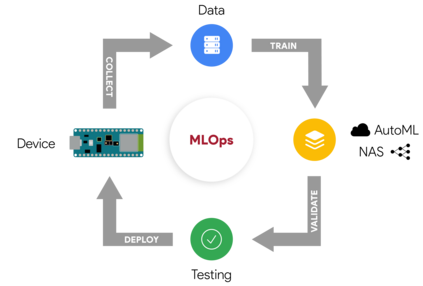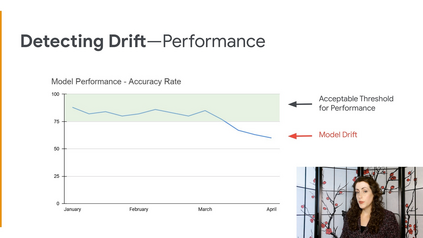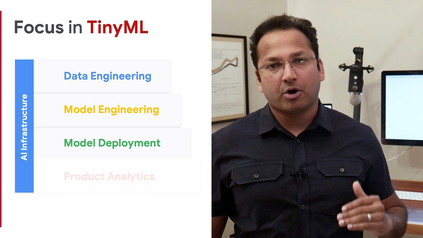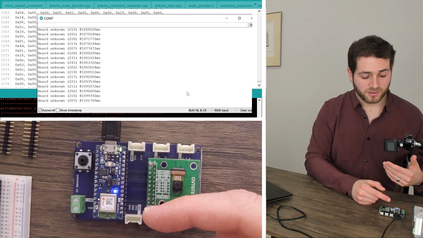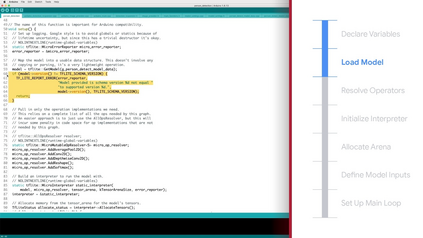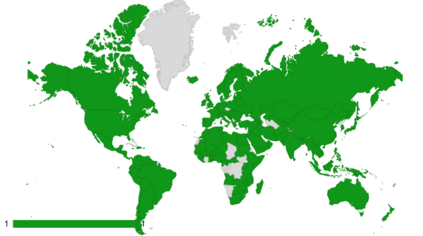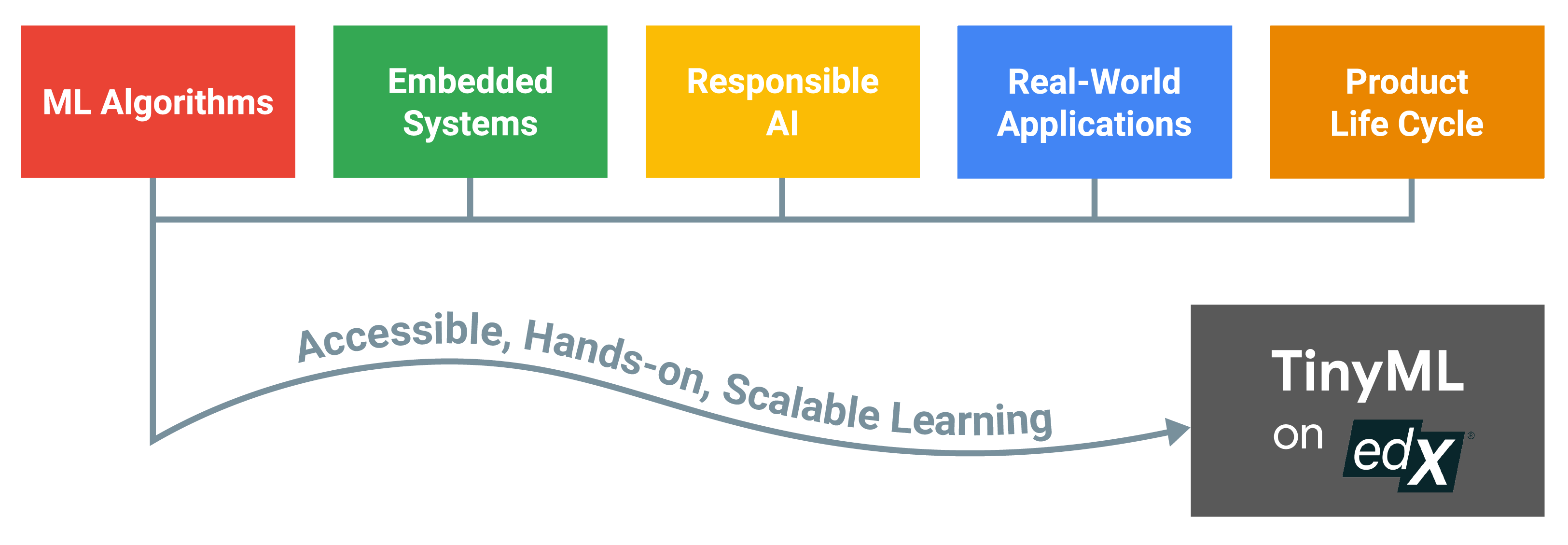
Broadening access to both computational and educational resources is critical to diffusing machine-learning (ML) innovation. However, today, most ML resources and experts are siloed in a few countries and organizations. In this paper, we describe our pedagogical approach to increasing access to applied ML through a massive open online course (MOOC) on Tiny Machine Learning (TinyML). We suggest that TinyML, ML on resource-constrained embedded devices, is an attractive means to widen access because TinyML both leverages low-cost and globally accessible hardware, and encourages the development of complete, self-contained applications, from data collection to deployment. To this end, a collaboration between academia (Harvard University) and industry (Google) produced a four-part MOOC that provides application-oriented instruction on how to develop solutions using TinyML. The series is openly available on the edX MOOC platform, has no prerequisites beyond basic programming, and is designed for learners from a global variety of backgrounds. It introduces pupils to real-world applications, ML algorithms, data-set engineering, and the ethical considerations of these technologies via hands-on programming and deployment of TinyML applications in both the cloud and their own microcontrollers. To facilitate continued learning, community building, and collaboration beyond the courses, we launched a standalone website, a forum, a chat, and an optional course-project competition. We also released the course materials publicly, hoping they will inspire the next generation of ML practitioners and educators and further broaden access to cutting-edge ML technologies.
翻译:扩大对计算和教育资源的利用范围对于传播机器学习(ML)创新至关重要,然而,如今,ML资源和专家大多集中在少数国家和组织。本文描述了我们通过大规模开放的网上小机器学习(TinyML)课程增加应用ML的教学方法。我们建议TinyML、关于资源限制的嵌入装置的ML是扩大利用机会的有吸引力的手段,因为TinyML利用低成本和全球可获取的激励性硬件,鼓励开发从数据收集到部署的完整、自足的应用软件。为此,学术界(Harvard大学)和产业(Google)之间开展合作,制作了四部分MOOC,就如何利用小机器学习(TinyML)开发解决方案提供面向应用的教学方法教学方法。这系列除了基本的编程之外,没有先决条件,而且是为来自全球不同背景的选修学生设计的。它向学生介绍现实世界应用、ML算法、数据设置工程、以及这些技术的道德考量应用,通过手控和公开学习课程,我们开始一个云路和社交课程。
